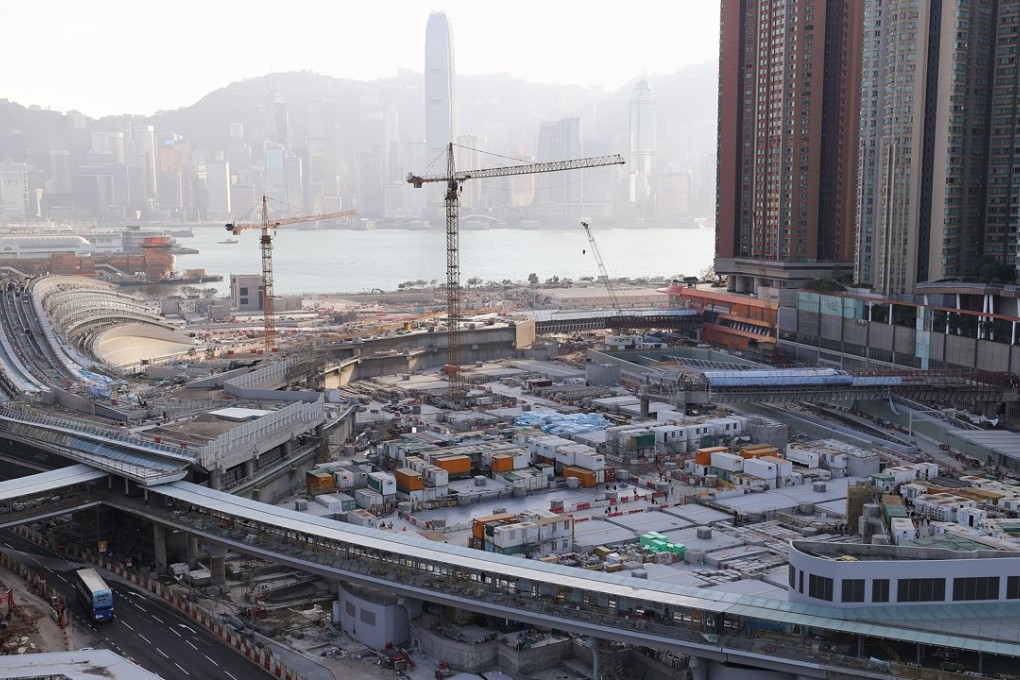Clearest approach needed at terminus
In the face of pan-democrat opposition, it is important to provide lawmakers and the public with the fullest details on how the joint checkpoint will work

In the absence of exceptional provision for it in the Basic Law, Beijing has approved a controversial plan allowing mainland officials to enforce national laws in a leased zone of the West Kowloon high-speed cross-border rail terminus. The decision to allow a joint immigration checkpoint and the arguments for it so far will not end debate over its legality or concerns that Hong Kong’s autonomy is being irreparably undermined. These issues will be aired during what is bound to be the most difficult part of the entire process – passing legislation locally early next year to give effect to the ruling of the National People’s Congress Standing Committee.
In the face of Article 18 of the Basic Law, which says that with few exceptions national laws should not be applied in Hong Kong, it is to be hoped the government can make a convincing case that its position is legally sound to prevent the project being stalled by time-consuming court challenges at great cost to the taxpayer. The NPCSC resolution says the plan to allow mainland police and customs officials to handle immigration procedures for travellers in both directions is in line with the city’s mini-constitution. In this respect Basic Law Committee chairman Li Fei says people should understand the principles and intentions behind the Basic Law and not just the actual wording.
The format of Beijing’s approval, without citing any specific article of the Basic Law, sets an extraordinary precedent for deciding an important and controversial issue. That said, no one could have foreseen this when the Basic Law was drafted more than 30 years ago. In that sense it is a new issue in the implementation of “one country, two systems”. No one disputes the convenience and practicality of a single checkpoint in connecting with the mainland’s high-speed railway network. However, despite the NPCSC’s ultimate authority to interpret the Basic Law, legal controversy is understandable given that Hong Kong people treasure the rule of law.
Chief Executive Carrie Lam Cheng Yuet-ngor and Secretary of Justice Rimsky Yuen Kwok-keung both dismissed any possibility of politically charged Article 23 security legislation being handled in the same way by an NPCSC decision. More generally, Lam did not rule out a similar approach to “new situations”. Hopefully Beijing and the Hong Kong government will recognise the need to exercise care and restraint in going down this path again under “two systems”.